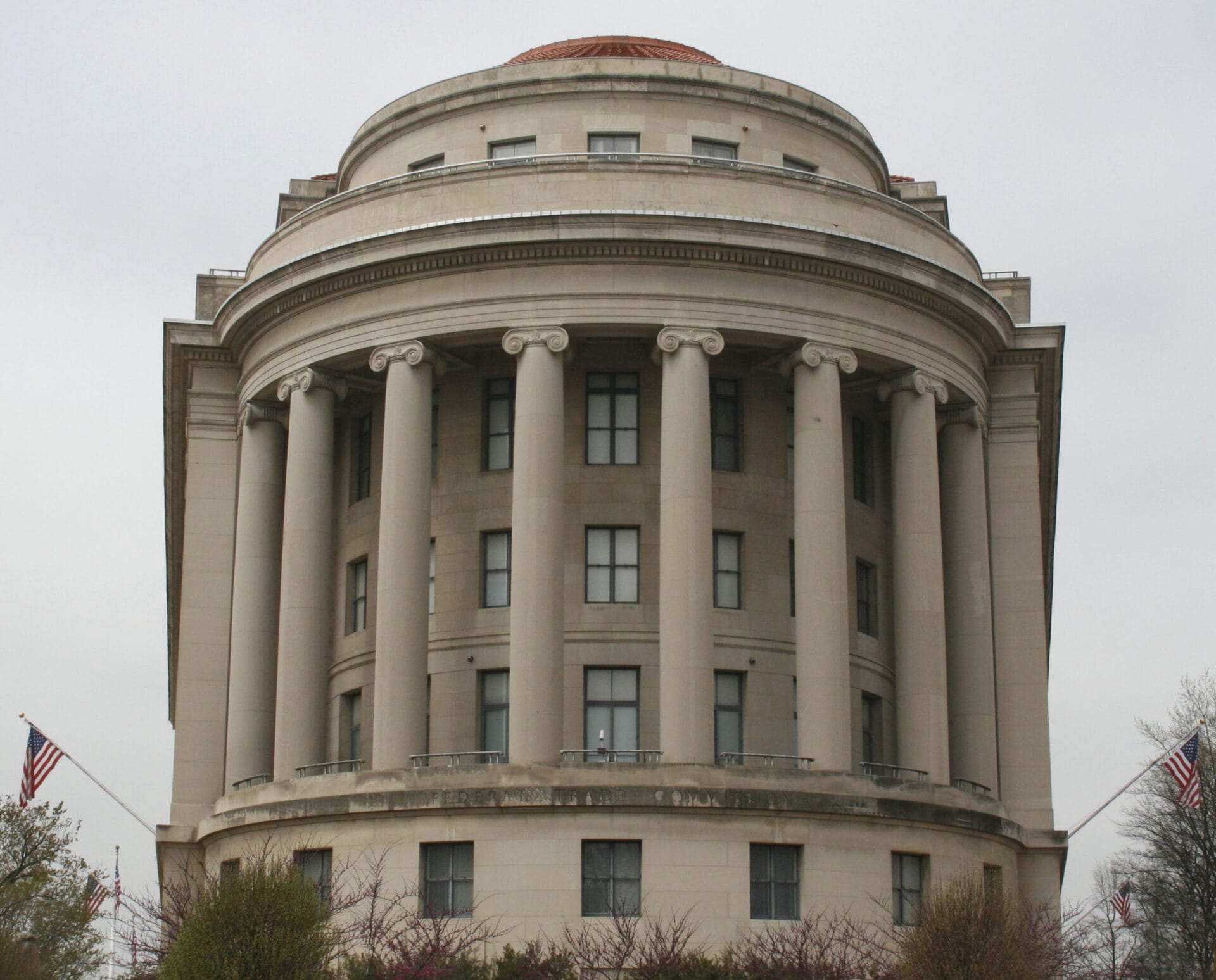Federal Trade Commission Sues Live Nation and Ticketmaster for Illegal Ticket Resale Practices

“_MG_7348” by dbking is licensed under CC BY 2.0.
The Federal Trade Commission and seven U.S. states have filed suit against Live Nation and its Ticketmaster subsidiary, alleging collaboration with ticket brokers. The lawsuit arrives amid a wave of increasing scrutiny for the live event ticketing industry, following President Trump’s March executive order, which authorized use of “all lawful authority” to combat price gouging and encouraged the FTC to “rigorously enforce” the Better Online Ticket Sales (BOTS) Act.
“President Donald Trump made it clear in his March Executive Order that the federal government must protect Americans from being ripped off when they buy tickets to live events,” said FTC Chairman Andrew N. Ferguson. “American live entertainment is the best in the world and should be accessible to all of us. It should not cost an arm and a leg to take the family to a baseball game or attend your favorite musician’s show. The Trump-Vance FTC is working hard to ensure that fans have a shot at buying fair-priced tickets, and today’s lawsuit is a monumental step in that direction.”
In the complaint, filed in a California court on Thursday, the FTC alleges that despite claims to limit the quantity of ticket purchases, Live Nation allowed brokers to exceed stated maximums by creating multiple accounts with false email addresses, alternate SIM cards and IP-masking web browsers. After allowing these practices, the company facilitated the movement of illicitly procured tickets to the secondary market through the Live Nation-owned TradeDesk platform, which lets resellers track high-volume sales and combine as many as thousands of Ticketmaster accounts. The FTC holds that Live Nation profits at every step of the process.
“When reselling tickets brokers purchased from Ticketmaster,” the FTC’s complaint alleges, “Defendants can ‘triple dip’ on fees, collecting fees from: (1) brokers when they purchase the tickets on the primary market, (2) brokers, again, when Ticketmaster sells their tickets on Ticketmaster’s secondary market, and, finally, (3) consumers who purchase tickets from Ticketmaster on its secondary market.”
While Live Nation and Ticketmaster have been implicated in resale manipulation by music industry insiders before, the FTC’s lawsuit bolsters those claims with internal communications. Despite their capacity to identify brokers bypassing security measures, a Ticketmaster executive is said to have admitted in an email to Live Nation leadership that the companies “turn a blind eye as a matter of policy.” Another email concerns the companies’ resistance to adopting preventive technologies like third-party identification, which an employee wrote was “too effective.”
The FTC’s central allegation of enabling an exploitative aftermarket to increase fee revenue is one of several in the complaint. Another substantial charge is the use of “bait and switch” tactics, manipulating artists and consumers by advertising a lower upfront price and concealing substantial fees. While Live Nation and Ticketmaster have claimed to operate with pricing transparency since 2023, the FTC alleged that mandatory fees, totalling up to 44% of the price of the ticket, are left unclear until the very end of the transaction. Revenue from these fees amounted to $16.4 billion from 2019-2024.
In another obtained internal message, executives acknowledged deceptive pricing–a violation of both the FTC’s Junk Fees Rule and the TICKET Act currently awaiting review by the Senate–and the companies’ continuation of the practices, after internal research indicated that consumers were less likely to purchase when presented with the total price of tickets upfront.
Stephen Parker, Executive Director of the National Independent Venue Association, commented on the action and its implications: “Today’s lawsuit has given credibility to what fans, artists, and independent stages have believed for years: Live Nation and Ticketmaster exploit their dominance not just in concert promotion and primary ticketing, but in the resale market as well. The FTC and seven states now allege that the same company that controls nearly 80% of major concert ticketing has been enabling scalpers to game Ticketmaster’s system, reselling tickets back to fans at massive markups.
“This is not just bad business; it is deception and abuse of monopoly power. By turning a blind eye to scalpers, even giving them the tools to bypass limits and harvest tickets, Live Nation has acted as the promoter, the primary ticket seller, the artists’ manager, and the scalper.
“Independent venues and promoters are on the frontlines of this broken system, and it is fans and artists who ultimately pay the price. We applaud the FTC for bringing this case. It further bolsters the U.S. Department of Justice and 40 state attorneys general antitrust case against Live Nation.
“We now urge Congress, the Administration, and state legislatures to stand with consumers by banning speculative tickets (tickets the scalper does not have), prohibiting deceptive resale sites, and capping resale prices and fees. Predatory resellers—including Live Nation itself—should no longer be allowed to gouge and deceive fans under the guise of access to live music.”
Read the full text of the FTC’s lawsuit against Live Nation and Ticketmaster here.
In August, the FTC filed suit against Key Investment Group (KIG), the parent company of a group of ticket resellers, for alleged violations of the BOTS Act. The suit, which accuses KIG of illegally exceeding digital purchase limits, is only the second enforcement of the 2016 law. Read more here.


















![Jeff Tweedy Turns in “Cortez The Killer” Debut with Nels Cline at Brooklyn Steel [Recap + Photos] Jeff Tweedy Turns in “Cortez The Killer” Debut with Nels Cline at Brooklyn Steel [Recap + Photos]](https://relix.com/wp-content/uploads/2025/10/JTweedy-1-7-100x70.jpg)

